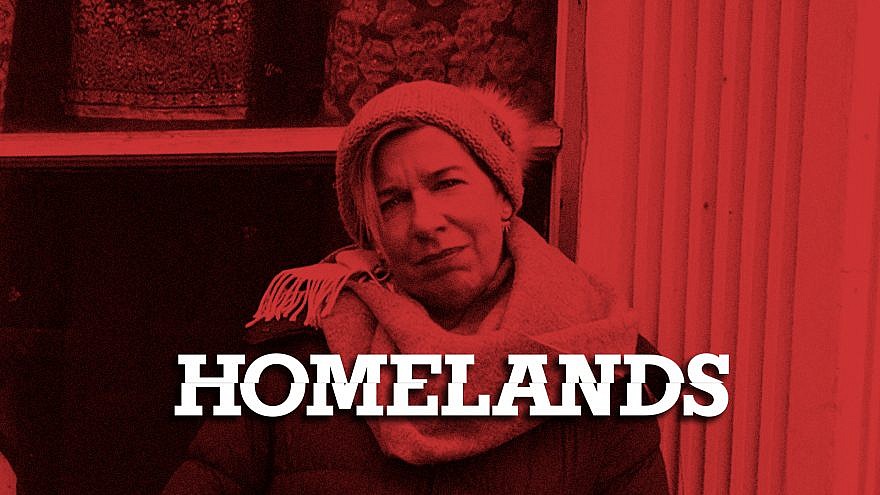After several venues canceled screenings at the last minute, a controversial documentary film directed by U.K. right-wing media figure Katie Hopkins was shown in Jerusalem Tuesday evening at the Uri Zvi Greenberg Legacy House.
In a span of just two days, four separate venues backed out of scheduled screenings of the film, Homeland, at the last moment, including Ra’anana’s Yad Lebanim Cultural Center, Jerusalem’s Begin Center and Mishkenot Sha’ananim, after being put under pressure from outside groups claiming the film was Islamophobic.
The film warns of the rising tide of anti-Semitism across Western Europe, attributed primarily to waves of Muslim immigration that the film notes “are changing the face of Europe.” The film details the “silent exodus” of Jews and Christians that no longer feel safe in their homes and draws comparisons between contemporary Europe and pre-World War II Germany.
Thousands of Jews have left Western Europe in recent years due to increasing violence specifically targeting Jewish individuals and institutions.
The screenings in Jerusalem were championed by Deputy Jerusalem Mayor Fleur Hassan-Nahoum. She told JNS that there is “nothing in the film that is Islamophobic.”
“It is unbelievable that in our capital city an anti-Semitic film has an easier time finding a venue than a movie talking about Islamic fundamentalism in Europe that is forcing Jews to leave,” said Hassan-Nahoum.
“The people that have canceled this event have never sat to watch the film,” said Hopkins, a controversial right-wing media personality in Great Britain who directed and stars in the documentary.
Hopkins, simultaneously responding to challenges that the film is Islamophobic as well as counter-challenges from screening attendees that the film did not get to the religious roots of the dangers now facing Europe, Hopkins told JNS, “Specifically, we didn’t address the Muslim faith. If you attack the Koran, you have lost the argument before you start. We want this to be as widely accepted as possible.”
Ben Packer, a screening attendee, told JNS, “Personally, I don’t understand what all the drama is all about. The film really shouldn’t be that controversial.”
Hopkins expressed her gratitude to the attendees, who had been tracking the continuous efforts to find a venue for the film.
“There is something so amazing about being here in this room,” she said, adding that “there is something about the left trying to shut us down, the British and the [Jewish] Board of Deputies trying to shut us down.”
Much of the opposition to the film has been coming from Jewish groups in the United Kingdom that accuse Hopkins and Atkinson, herself a former member of British parliament, as being far-right. A spokesman for the Board of Deputies of British Jews, an umbrella organization for Jewish groups in the United Kingdom, told the Jewish Chronicle this week that “the vast majority of our community will remember Jewish history, and be clear that the far-right are no friends of ours.”
Atkinson said that “when the Jewish Chronicle called us these names, it makes us just want to raise our middle fingers,” adding that the views which opponents call far right are not on the political fringes of society, but are rather mainstream positions.
“We now represent 30 percent of the 500 million people in Europe,” said Atkinson, who calls herself a social and liberal conservative. “I know people support us. The more people hurl insults at us, the more we go up in the polls.”
By an interesting coincidence, the film was ultimately screened at the former home of Uri Zvi Greenberg, a Polish then Israeli poet who warned about the growing dangers of anti-Semitic pre-World War II Europe, and later promoted the campaign against British occupation of Israel prior to the 1948 War of Independence.


























